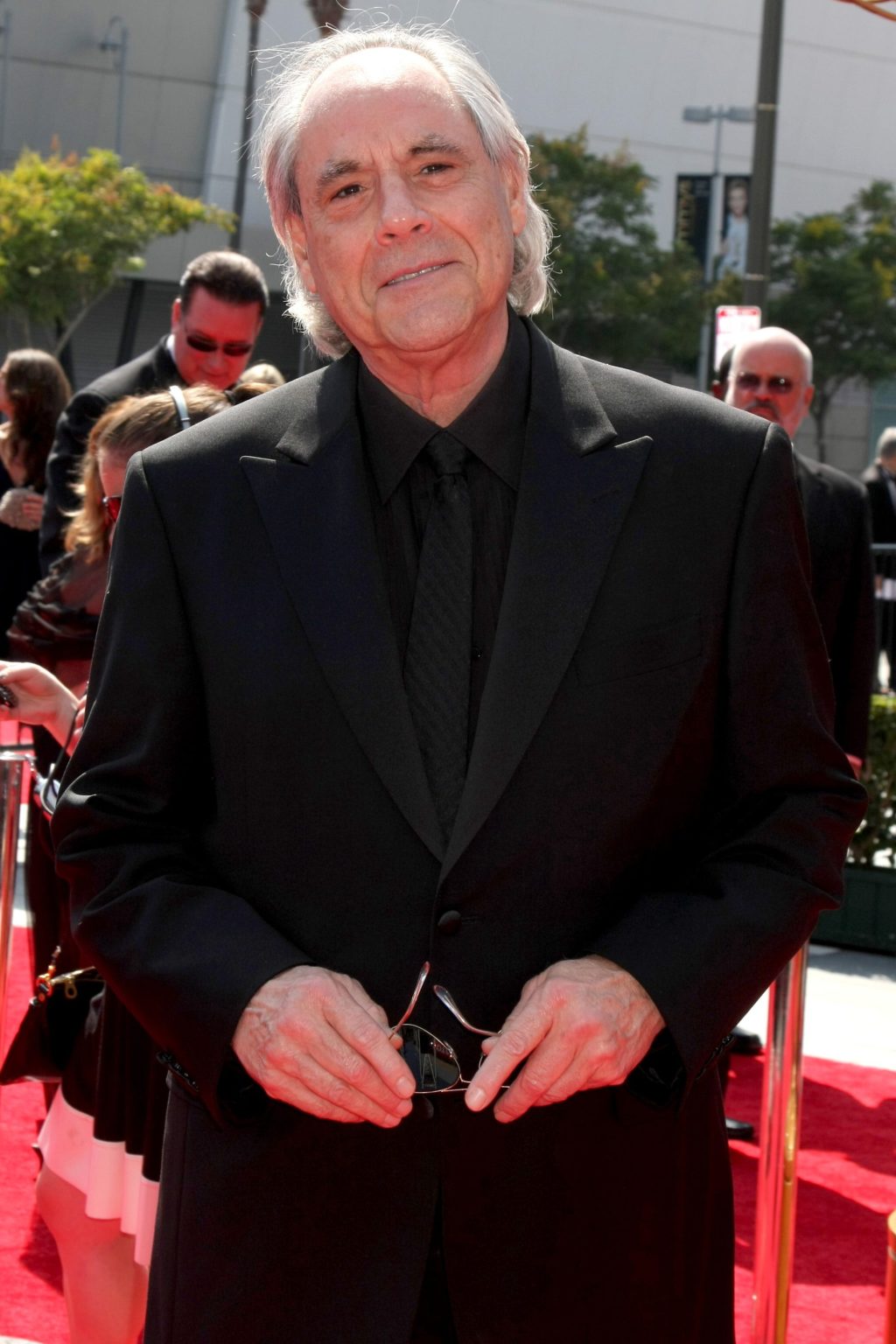The 1970s was a transformative era for comedy, as it marked the rise of legendary comedians who redefined humor and left an indelible mark on the world of entertainment. These icons not only entertained audiences but also pushed boundaries, addressing societal issues through their craft. Their influence continues to resonate in modern comedy, making them unforgettable figures in the history of stand-up and comedic performance.
Legendary comedians of the 1970s brought a fresh perspective to humor, blending wit with sharp social commentary. They tackled topics that were previously considered taboo, paving the way for future generations of comedians. Through their unique styles and groundbreaking performances, these artists carved out a space for themselves in an industry that was rapidly evolving. Let's explore some of the most iconic comedians from this remarkable decade.
High-Camp Comedians and LGBTQ+ Representation
During the 1970s and 80s, high-camp comedians often perpetuated stereotypes about the LGBTQ+ community, which could be damaging for those struggling to come out. For many individuals within the community, camp humor symbolized self-hatred rather than celebration. Comedians like John were among those whose performances sometimes reinforced negative perceptions of gay men as effeminate or limited to specific professions like hairdressing or ballet dancing. This representation made it challenging for members of the LGBTQ+ community to feel seen as ordinary people leading everyday lives.
However, not all camp humor was harmful. Some comedians used it as a tool to subvert expectations and challenge societal norms. By embracing exaggerated personas, they created spaces where LGBTQ+ individuals could find joy and solidarity. These performers helped pave the way for more authentic representations of queer identities in mainstream media. As attitudes shifted over time, so did the portrayal of LGBTQ+ characters in comedy, reflecting a broader understanding and acceptance of diverse experiences.
Ultimately, the impact of high-camp comedians on LGBTQ+ rights is complex. While certain portrayals may have caused harm, others contributed positively by fostering visibility and encouraging dialogue around gender and sexuality. The evolution of comedy during this period highlights the importance of representation and its potential to shape cultural narratives.
Pioneering Voices in Stand-Up Comedy
The question of who was the funniest stand-up comedian of the 1970s remains subjective, as there were numerous talented individuals contributing to the genre at that time. Among the top contenders were Richard Pryor, George Carlin, and Robin Williams, each bringing their distinct voice and style to the stage. Other notable names included Rodney Dangerfield, Steve Martin, Andy Kaufman, Jay Leno, Phyllis Diller, Joan Rivers, and Redd Foxx, all of whom played significant roles in shaping the landscape of comedy during this era.
Richard Pryor, often regarded as one of the greatest stand-up comedians of all time, revolutionized the art form with his raw honesty and fearless approach to tackling sensitive subjects such as race relations and personal struggles. Similarly, George Carlin's biting satire and philosophical musings resonated deeply with audiences, earning him a place among the pantheon of comedic legends. Meanwhile, Robin Williams' rapid-fire improvisation and boundless energy captivated viewers from the moment he burst onto the scene in the late 1970s.
As the decade progressed, comedians continued to experiment with new formats and techniques, further expanding the possibilities of stand-up comedy. From sketch comedy shows like Saturday Night Live to comedy clubs across the country, these artists found diverse platforms to showcase their talents and connect with fans. Their collective efforts laid the foundation for future generations of comedians, ensuring that the legacy of 1970s comedy would endure for years to come.
Female Comedians Breaking Barriers
In the male-dominated world of comedy during the 1970s, Mitzi Shore, owner of The Comedy Store, sought to create opportunities specifically for female performers. Her innovative idea involved establishing a separate room within the club dedicated exclusively to showcasing women comics. Although this initiative faced challenges and eventually folded, it represented an important step towards leveling the playing field for aspiring female comedians.
One notable alumna of The Comedy Store's Belly Room was Sandra Bernhard, who described her experience as empowering and liberating. By allowing herself to fully embrace her authentic self on stage, she paved the way for other women to do the same. Despite the difficulties encountered along the way, Shore's vision helped inspire countless female comedians to pursue their dreams and break down barriers within the industry.
Today, the contributions of pioneering female comedians from the 1970s continue to inspire new generations of talent. Their courage and determination in the face of adversity serve as powerful reminders of the progress achieved thus far and the work still needed to ensure equal opportunities for all voices in comedy.

